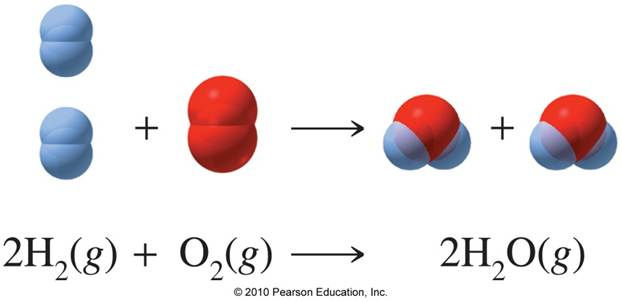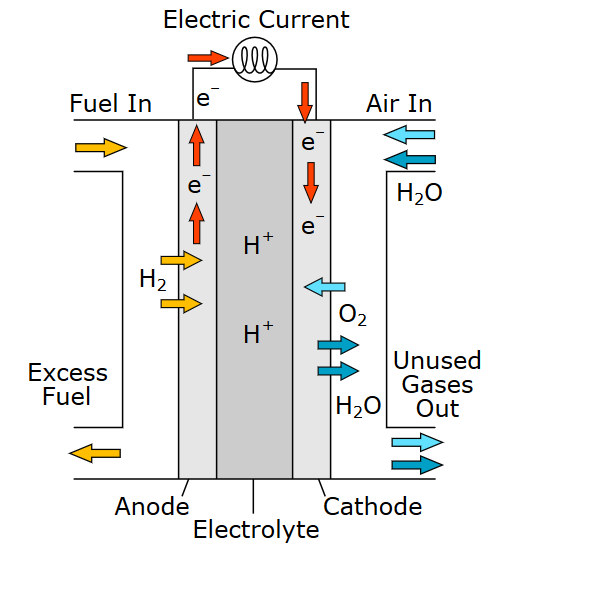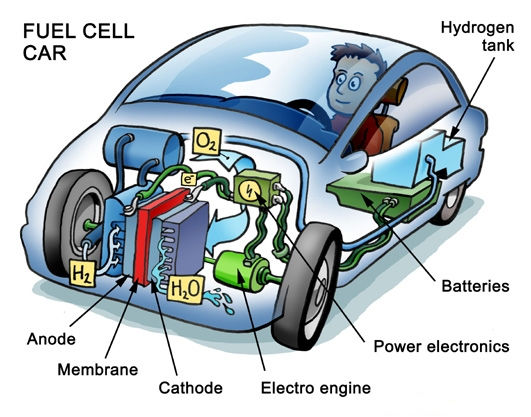Why is there no hydrogen economy?
- Science-by-Trianon

- Apr 17, 2020
- 4 min read
Updated: Sep 22, 2021

Hydrogen economy is an economy that relies on hydrogen as the commercial fuel that would deliver a substantial fraction of a nation’s energy and services. This vision can become a reality if hydrogen could be produced from domestic energy sources economically and in an environmental-friendly manner.
1. Back to basis
Everybody who ever had chemistry at school will probably remember this experiment in which an old soup can with a hole in the top is filled with hydrogen gas and tilted slightly.
The hydrogen gas (being less dense than air) escaping through the hole in the top is lit and the whole thing burns like a candle until enough air has crept in at the tilted bottom of the can to form an explosive mixture and the can is sent flying into the air with a loud BANG.[1]
Look at this video, it is in German but the “bang” is self explanatory!
So, evidently there is energy stored in Hydrogen and that energy could, at least theoretically, be used in a combustion engine, and everyone who has paid the slightest attention in chemistry will remember that burning hydrogen will result in nothing but water.

Clean fuel, voila!
2. Hydrogen is considered to be an energy carrier and could be employed as a potential fuel.
Of course, it’s not quite that simple.
Yes, hydrogen is combustible, however, its energy density is far too low to be useful — it’s just no match for fuels like natural gas, coal, or diesel. D’oh.
The picture changes drastically if the hydrogen is not used in a combustion engine but converted electrochemically into water in a fuel cell.
All of a sudden, the same amount of gas seems to produce more energy (which, of course, it doesn’t, the reaction is just more efficient.)

Schematic representation of a fuel cell
Put in simple terms, what happens in a fuel cell is this: Hydrogen gas is passed over a catalyst that causes the hydrogen to be split into hydrogen ions (protons) and electrons.
The hydrogen ions then move into an electrolyte whereas the electrons pass into a conductor towards the cathode.
Now at the cathode the electrolyte containing the hydrogen ions meets a second catalyst and oxygen plus the electrons formed at the first catalyst.
Together, they form water and this formation liberates energy which can be used, for instance to power a lightbulb or to drive a car.
3. Fuel cell powered vehicles…
… are a good idea.
They exist and they outshine battery powered cars in some respects.
A fuel cell can generate enough power to drive a big SUV pulling a heavy load (for instance, a boat) and still get more miles out of one tank than a battery car.
Most battery-powered cars, on the other hand, are only useful in city traffic.
Refuelling a fuel-cell car takes 5 minutes, refuelling a battery car can take up to hours.
4. The drawbacks

At present, fuel cell-powered cars are available (inter alia from Honda, Hyundai, and Mercedes Benz) [2], however, they are quite expensive (between 50,000 and 60,000 €) and if you run out of fuel the chances of finding a petrol station with a hydrogen pump are practically zilch.
The biggest drawback, however, is the cost of hydrogen itself.
The ways of producing hydrogen are well understood because it is used in the production of fertilizers and/or explosives. [3]
Hydrogen can be generated in a number of ways and primarily from either natural gas or water.
Energetically speaking, the steam-reformation of natural gas and similar processes are the most viable.
However, from a green perspective it isn’t terribly sensible to use fossil fuels to turn them into hydrogen fuel and having to pay extra for it as well — it would be easier to burn the fossil fuels right away.
The catalytic cracking of water is energetically less favourable, i.e. more expensive, however, it does have the advantage of using up a resource which is readily available, at least in most parts of the inhabited world.
5. Hydrogen isn’t the fuel of the future. It’s already here

Despite its high cost, using hydrogen generated from water as a fuel does have two very appealing aspects:
The first is that it allows the storage of energy.
Wind turbines, solar panels and the like have the disadvantage that they produce a lot of energy at peak times, sometimes more than is needed, and storing this energy in batteries on a large scale is not possible.
Turning this excess energy into hydrogen on the other hand is, and the stored hydrogen can even be transported easily from A to B.
The second is that if (and it is admittedly a big ‘IF’) there would be sufficient energy available using hydrogen from water would practically eliminate the use of fossil fuels and the pollution issues associated with them.
Sure, that is a long way off, but it is being addressed. [4]
So the question is:
Is it utopia to dream of a hydrogen economy and, if so, for how much longer?
References
[1] https://www.youtube.com/watch?v=vRx34APjmQU (last accessed 8th of April, 2020)
[2] https://en.wikipedia.org/wiki/Fuel_cell_vehicle#List_of_models_produced (last accessed 8th of April, 2020)
[3] https://en.wikipedia.org/wiki/Haber_process (last accessed 8th of April, 2020)
[4] https://hydrogencouncil.com/en/ (last accessed 8th of April, 2020)




Comments